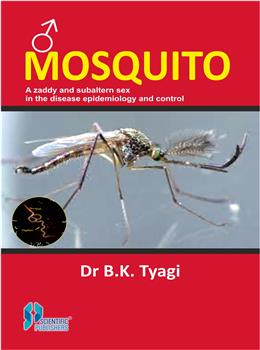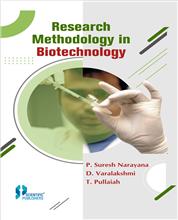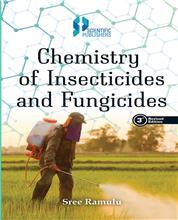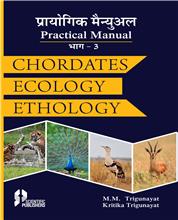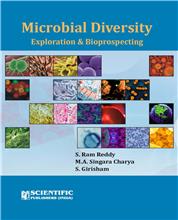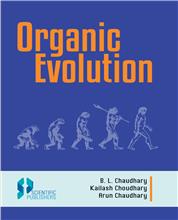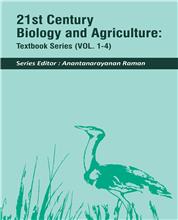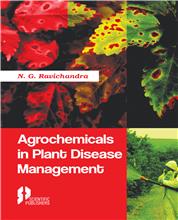Preface
Foreword
Dedication
Acknowledgement
Prologue
1. The
Mosquito
2. Mosquito
Biology: Males v/s Females
3. Taxonomy,
Zoogeography, and Biology
4.
Mouthparts of Mosquitoes: Males vs Females
5. Salivary
Glands and Saliva Characteristics: Males vs Female Mosquitoes
6. Antennal
Sensorial Organs in Mosquitoes: Males vs Females
7. Genitalia
of Mosquitoes: Males vs Females
8.
Reproductive Behaviour of the Male Mosquito
9. Food and
Feeding Mechanisms of Mosquitoes: Males vs Females
10.
Mosquitoes' Sex Determining Mechanisms: Males vs Females
11. Gut
Microbiota of Mosquitoes and Phylosymbiosis: Males vs Females
12. Male Mosquito
Hormones: Male vs Females
13. Sexing
Out Males and Females
14.
Male-Specific Genome: The Sequence of a Region Containing the Sex Determination
Switch in Aedes Aegypti
15. Male
Mosquito-Based Applied Biomedical Significance Including Vector Control
Strategies
References
